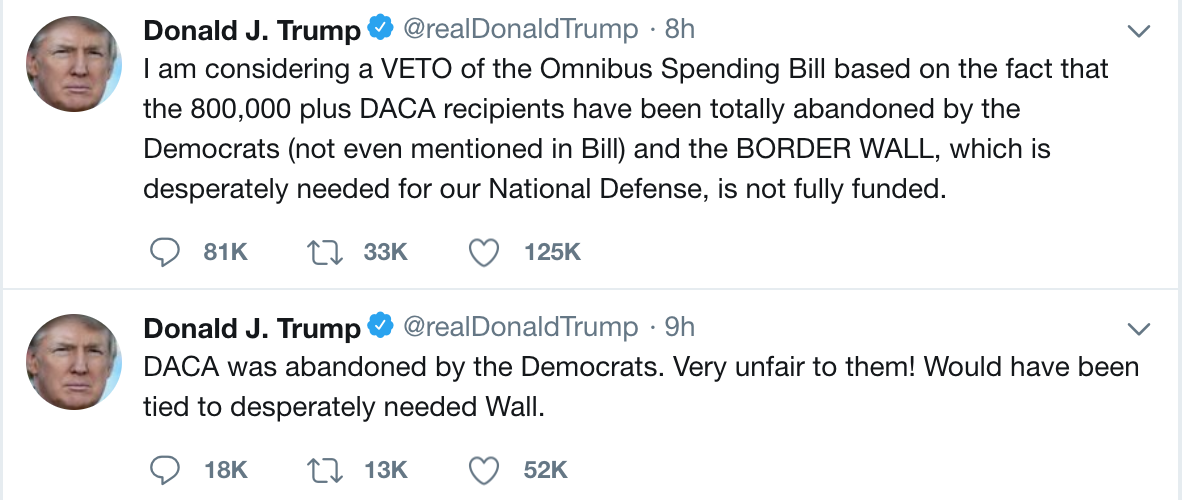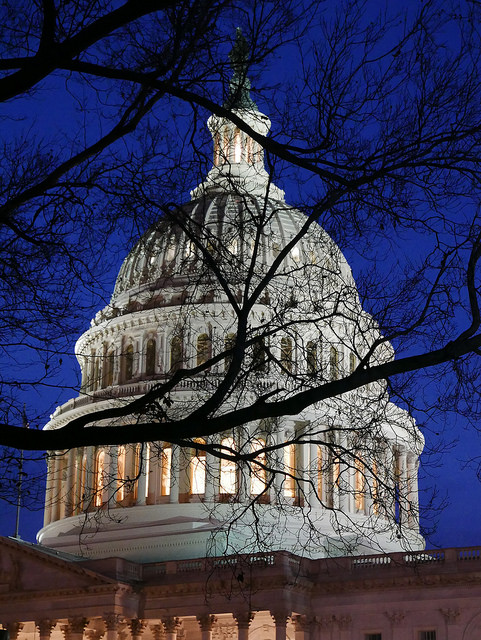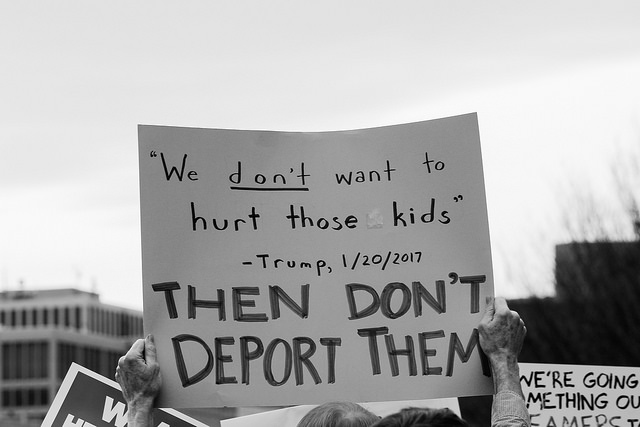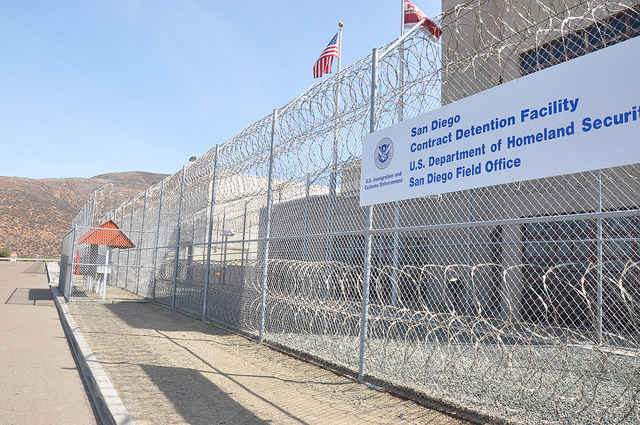Federal Judge John Bates of the Federal District Court for the District of Columbia has spoken to protect Dreamers from deportation, where Congress has remained silent. In a Tuesday ruling, Judge Bates called the Department of Homeland Security’s decision to rescind the DACA program “arbitrary and capricious,” and with no sufficient basis to justify rescission of the program, ordered DHS to accept and process new as well as renewal DACA applications.
As part of his opinion Judge Bates vacated the Trump administration’s decision to rescind DACA, for a period of 90 days, giving the Department of Homeland Security an opportunity to explain its decision to rescind the DACA program. If the government fails to adequately explain the grounds for finding the DACA program to be unlawful, DHS must accept and process new and renewal DACA applications. DHS has responded to the ruling in a statement where it vowed to “continue to vigorously defend” its decision to rescind the DACA program and looks “forward to vindicating its position in further litigation.”
This ruling is the third in recent months against the Trump administration’s decision to rescind the DACA program. Earlier this year, Federal Judges in Brooklyn and San Francisco issued similar rulings to keep the DACA program in place, however the Bates ruling is the first ordering the government to accept new DACA applications.
 Visa Lawyer Blog
Visa Lawyer Blog












